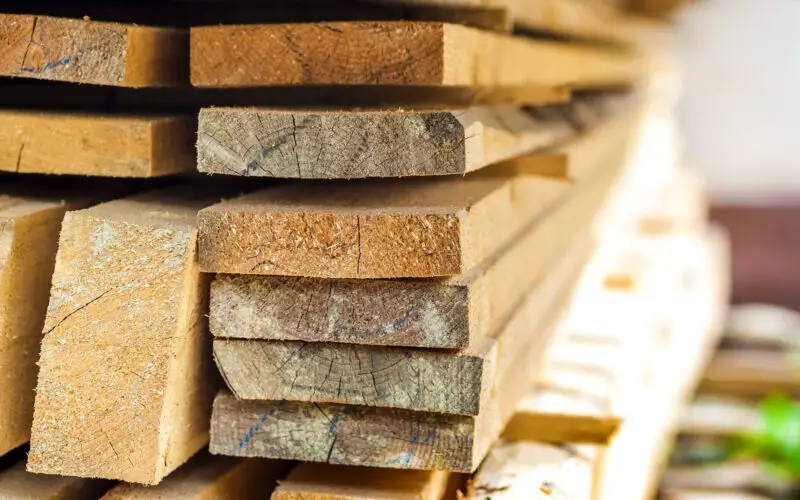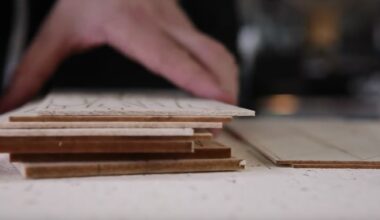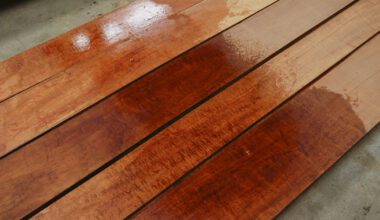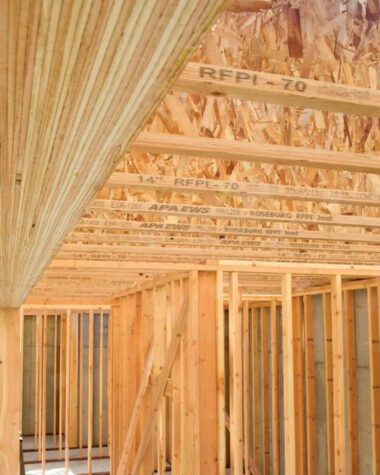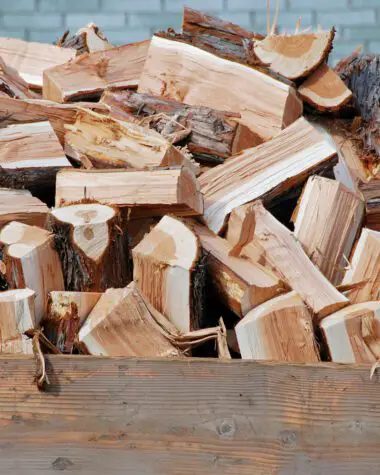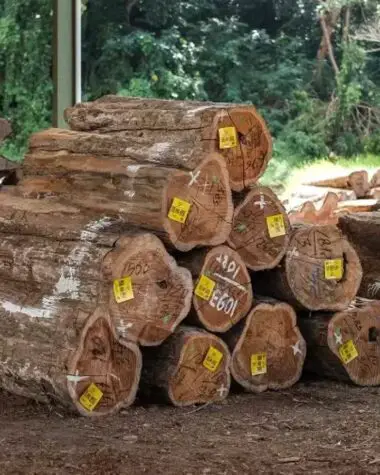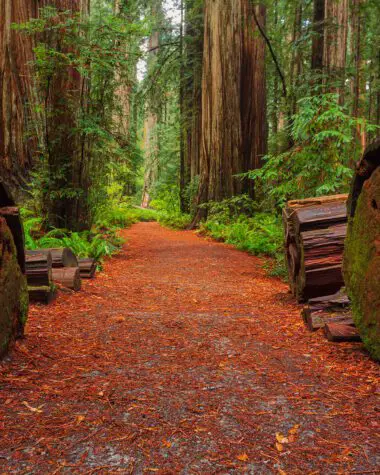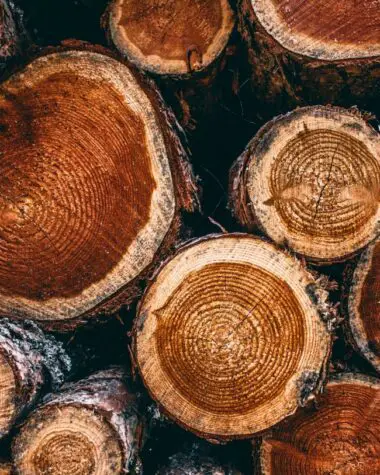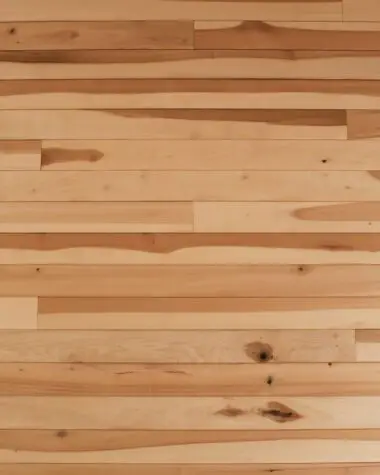Just because the name says “soft” does not mean this wood type is basically soft. It is a common conception that has become generally accepted by others. Nevertheless, it is important to unravel what softwood is. To kick this article off, softwood refers to wood extracted from a coniferous or an evergreen tree. While there are hardwoods that are denser than softwood, many types of softwood are much harder.
What is softwood
Softwoods are gymnosperms. Without a covering, their seeds fall to the ground in their natural state. Typically, softwoods are conifers, meaning they produce cones. Softwood or gymnosperm trees are often evergreen, remaining green during the year’s colder months. Softwood trees retain their leaves and are active throughout the winter, unlike hardwood trees that lose their foliage and go dormant.
Common types of softwood
When purchasing wood, you must choose between softwood and hardwood. Softwood available in the market caters to 80% availability. The high volume of this wood type is because softwoods are more readily available and far less expensive than hardwoods. But not all softwoods are created equal. Know the many types of softwoods that are available before purchasing. Thus, here are the common types of softwood.
Pine
The most popular softwood choice for various applications, particularly furniture, is timber from pine trees. The wood is well-liked because it can bend, which makes carving simple. Pine is also more readily accessible and easier to utilize than most woods and stains better. The wood’s durability makes it ideal for flooring, framing, and roofing. There are several types of pine, including White, Yellow, and Ponderosa.
Cedar Wood
Since cedar is harder than most softwoods, it may be used for various purposes. Some homeowners even use it for roofing. Cedar is great for outdoor usage since it can withstand damp environments better than most softwoods. Cedar is available for decking, outdoor furniture, and building exteriors.
Among softwoods, the Western Red Cedar is a well-liked type. Its crimson color makes it ideal for customized items. Another factor making wood popular in residential buildings is its distinctive scent.
Red Wood
Redwood is ideal for outdoor applications since it can endure moisture exposure. You don’t have to be concerned about the material prematurely decomposing or warping when using it for projects like patio furniture, garden fences, and home exteriors. It is reasonably soft and reasonably priced. High-end and delicate things like organs and fine art are frequently made from this softwood.
Douglas fir
This wood, often known as fir, is frequently used in construction. Also famous are the Christmas trees there. Fir is processed into pulp and used to make OSB and plywood. It can be utilized for numerous additional applications because it is only reasonably expensive. Painting is a better option for fir products because the fir tree’s grain is straight and distinct. Fir is a more robust and hardy wood than the majority of softwoods.
Juniper Wood
Historically, junipers have been cut down to enhance rangeland conditions. Unfortunately, the wood hasn’t been used for much besides fence posts and firewood. Around 1991, a collaborative effort involving private businesses and governmental organizations started in an effort to better exploit this wood resource.
Spruce
The spruce or fir is frequently referred to as the “bread tree of Central European forestry,” a moniker that already conveys the significance of this widely distributed wood with unique qualities. The spruce is the most prevalent tree in the Alps and low mountain ranges. Spruce makes up as much as 30% of western Germany’s forest area.
Yew
Yew tree wood is extremely dense, resilient to dampness, and elastic, making it the perfect wood for turning and carving. The wood and bark have no resin remnants. The wood is unique since it is easy to see the borders of the annual rings.
Pros and Cons of softwood
It is time to shed light on softwood’s common pros and cons. This is important in limiting your expectations and knowing the right ways to treat softwoods.
| Pros | Cons |
| Softwood is flexible for various purposes and with great and easy workability. | Softwood is weaker and less durable because of its lower density. However, there are certain ‘hard’ softwood choices with higher densities, such as Juniper and Yew. |
| Softwood trees are considered renewable because they grow considerably faster than hardwood trees. | Softwood does not hold up as well to wear over time as hardwood, making it less ideal for high-traffic areas. |
| Due to their ease of sourcing, this wood type is frequently less expensive. | Unless treated, softwoods often have low fire resistance. |
Key Takeaways
The information above is about redefining softwood. We hope that it becomes clearer to most that it is still viable for different projects. Consider your long-term success while selecting the best softwood type above. Above all, in any wood type that you use, there are remarkable structural advantages that you will experience.
